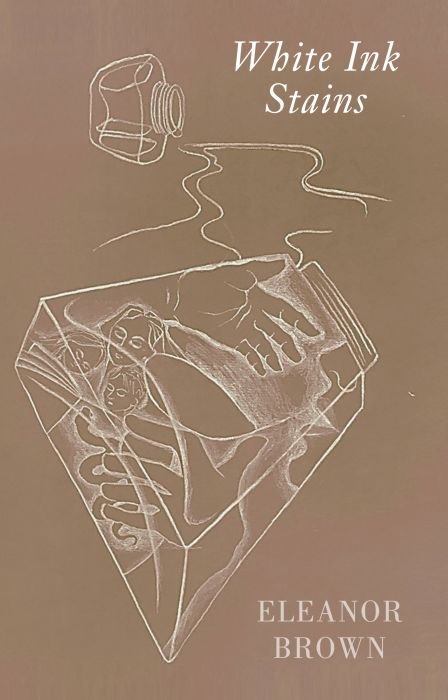White Ink Stains
Eleanor Brown’s first collection, Maiden Speech, published by Bloodaxe in 1996, included her much anthologised “girlfriend’s revenge” poem ‘Bitcherel’ along with a widely praised sequence of fifty love and end-of-love sonnets written during her 20s. Her second collection, White Ink Stains, appearing three decades later, draws on the lives of women of all ages. Taking her title from the idea that when a woman writes about her experience as a woman, ‘she writes in white ink’ (Hélène Cixous), Eleanor Brown wanted to inscribe, among other things, the unseen labour of endowing infants with their mother tongue, their birthright of speech and language skills – the babbling, cooing, phonic repetition, echolalia, chanting of nonsense-words, singing of lullabies, nursery rhymes, counting rhymes, clapping songs, and telling of bedtime stories that is often the invisible and unrecorded work of women with pre-school-age children. A number of these poems were written in response to interviews made for the Reading Sheffield oral history project. Eleanor Brown spent over a year listening to recordings before starting to write these poems, some of which stay very faithful to the speaker’s own words, while others travel further into an imaginative or active, poetic listening; these are the poems she heard not in what was said, but in pauses, intonations, emphasis, whispers, asides, digressions and deflections.


